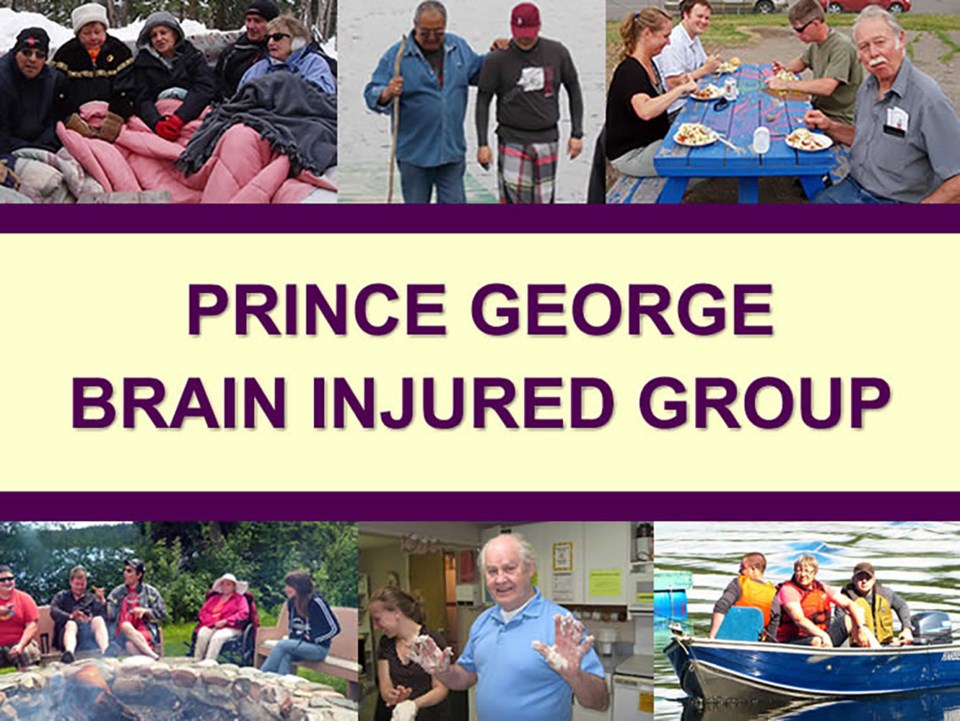Prince George Brain Injured Group executive director Sarah McCrea is applauding a proposed national strategy on brain injuries.
If passed by Parliament, Bill C-277 would provide for the development of a national strategy to support and improve brain injury awareness, prevention and treatment, as well as the rehabilitation and recovery of persons living with a brain injury.
There are more than 500 people in Prince George and surrounding area who access the services of the local Brain Injured Group.
NDP MP Alistair MacGregor, joined by members of the Canadian Traumatic Brain Injury Research Consortium, recently called on the Liberal government to support the National Brain Injury Strategy to help the 1.5 million Canadians coping with brain injuries,
“When we’re talking about traumatic brain injury, so that’s not including things like stroke, a person is injured every three minutes. That’s more than spinal cord injuries, MS and breast cancer combined – all three of those have strategies based in best practices in our country but not brain injury,” McCrea explained. “It would include the training for medical practitioners, protocols based in best practices, what needs to be done, what follow up and what level of care is required, but also on the other end of brain injury, other than concussion potentially – there’s no cure, only prevention."
Across the country, there are private brain injury clinics but in urban centre, she noted.
“But most of the services are done out of places like this – not-for-profit agencies - and not one of us has guaranteed funding,” McCrea said. “Our agency is one of the bigger ones in the province, definitely one of the most comprehensive, we serve more than 500 people in our community and their families, and I have to apply for six sets of funding every year to keep it going. That’s the life of a not-for-profit charity.”
Only about 10 per cent of traumatic brain injury cases are connected to ICBC or WorkSafe where people are eligible for long-term disability, she added. Recovery for those injuries come with wrap-around services that include an occupational therapist, a physical therapist, where care is directed, and people are continuously assessed on their progress. It also includes at-home care and home maker benefits. But that’s all insurance based, McCrea added.
The remaining people who are brain injured are just ordinary people who were injured who have to take on the expense of any treatment needed.
“For those with a brain injury being able to be seen, to be heard, to be taken care of with resources in place to help them would be a huge benefit,” McCrea said. “If we then had consistent funding, programs and services could progress in a consistent way. I also think the awareness piece would be huge. Brain injury affects the person, their family, the life they built, their community. It has a significant ripple effect throughout the entirety of a person’s life.”
Another piece to the bill is raising awareness, which leads to prevention.
“The more knowledge we impart and the more awareness we raise then the incidents of these injuries would decrease,” McCrea said.


